Yep, I had a cat that would paw on the door if it wasn't open. I decided to see how long he'd stick with it. My sanity broke at 2 hours. He won and it was open from that night forward.
That brings back some Midtown Madness memories!
humbling is a great word. No matter how much we think we know, looking at something like this reminds me of how small we really are.
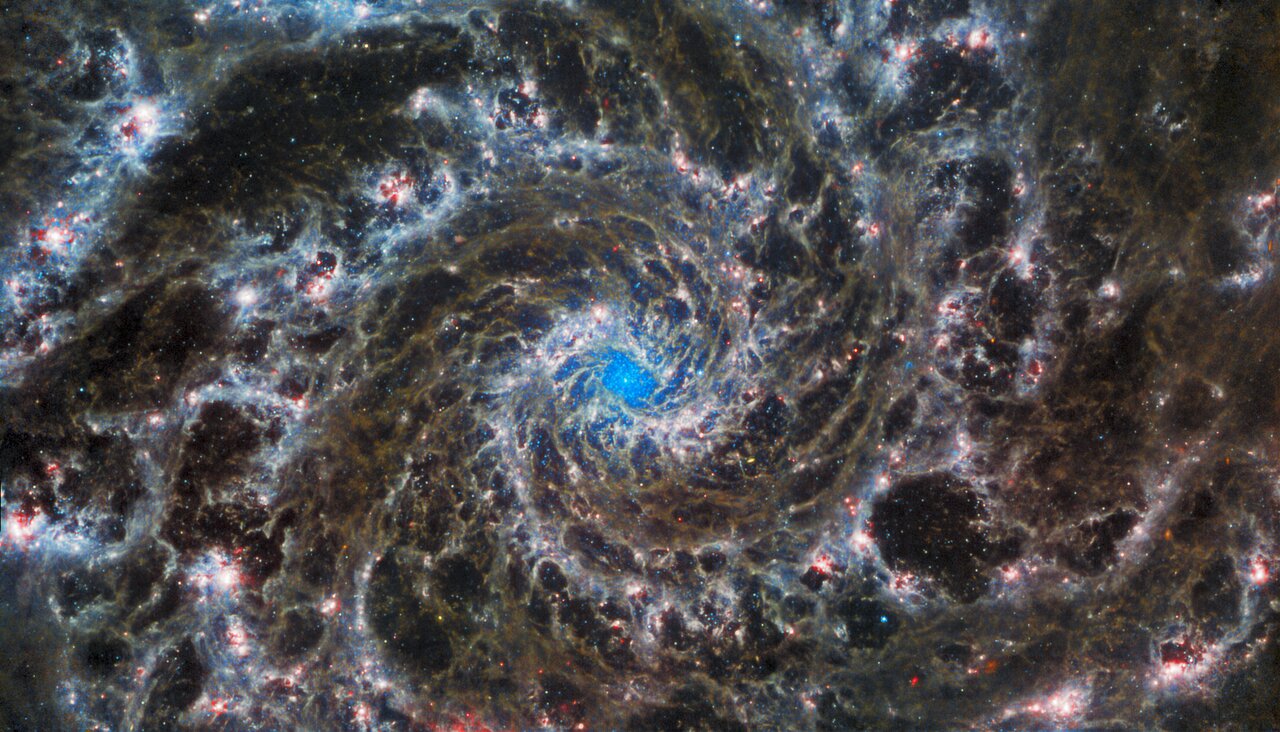
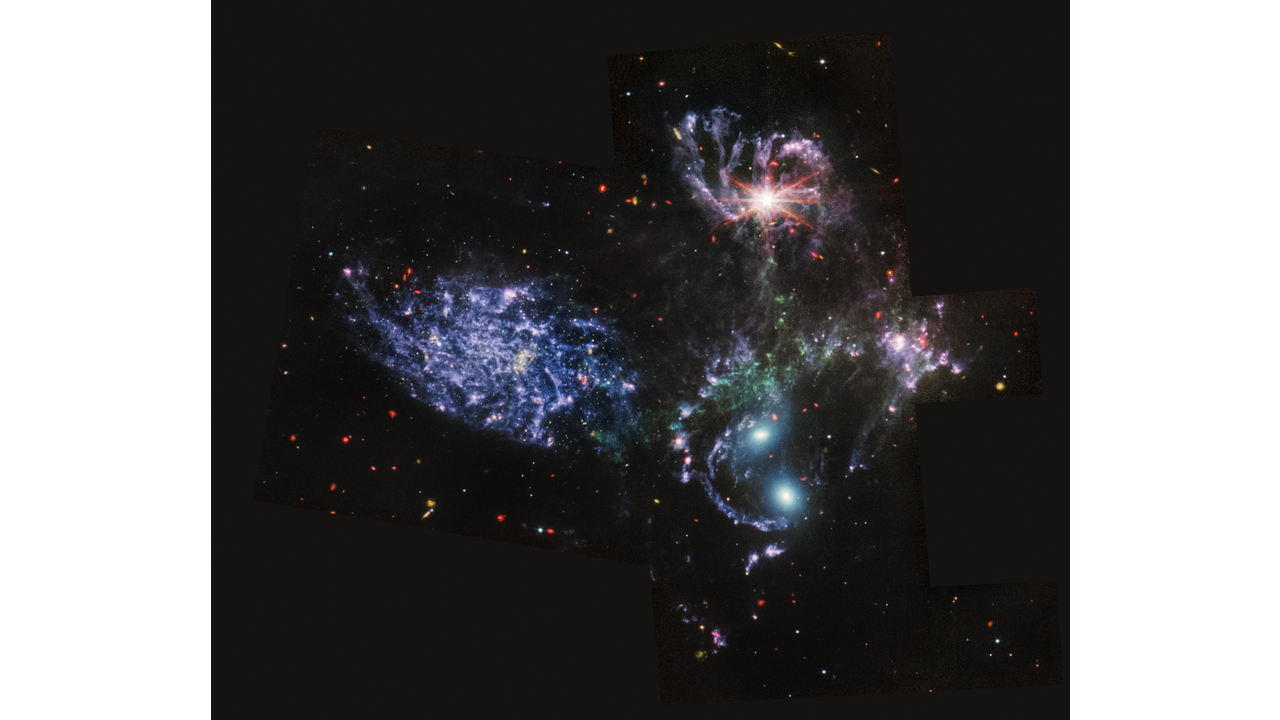
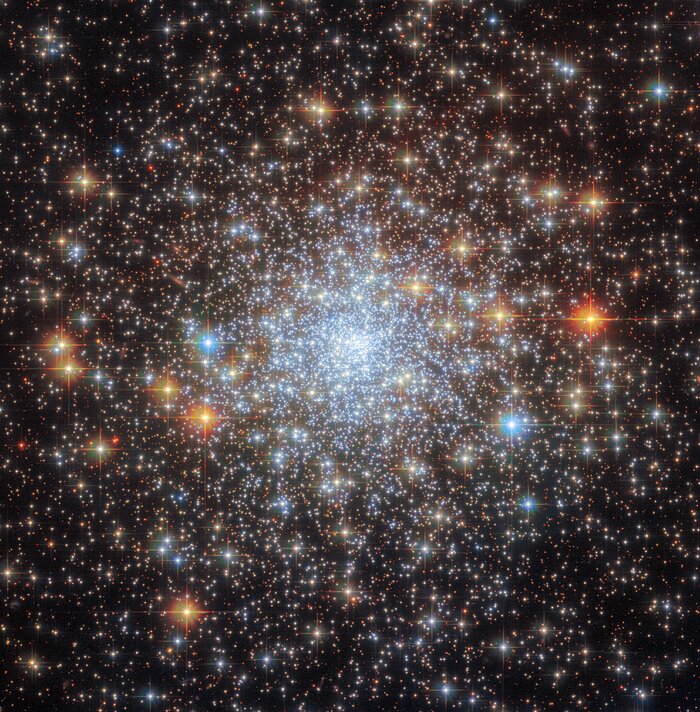
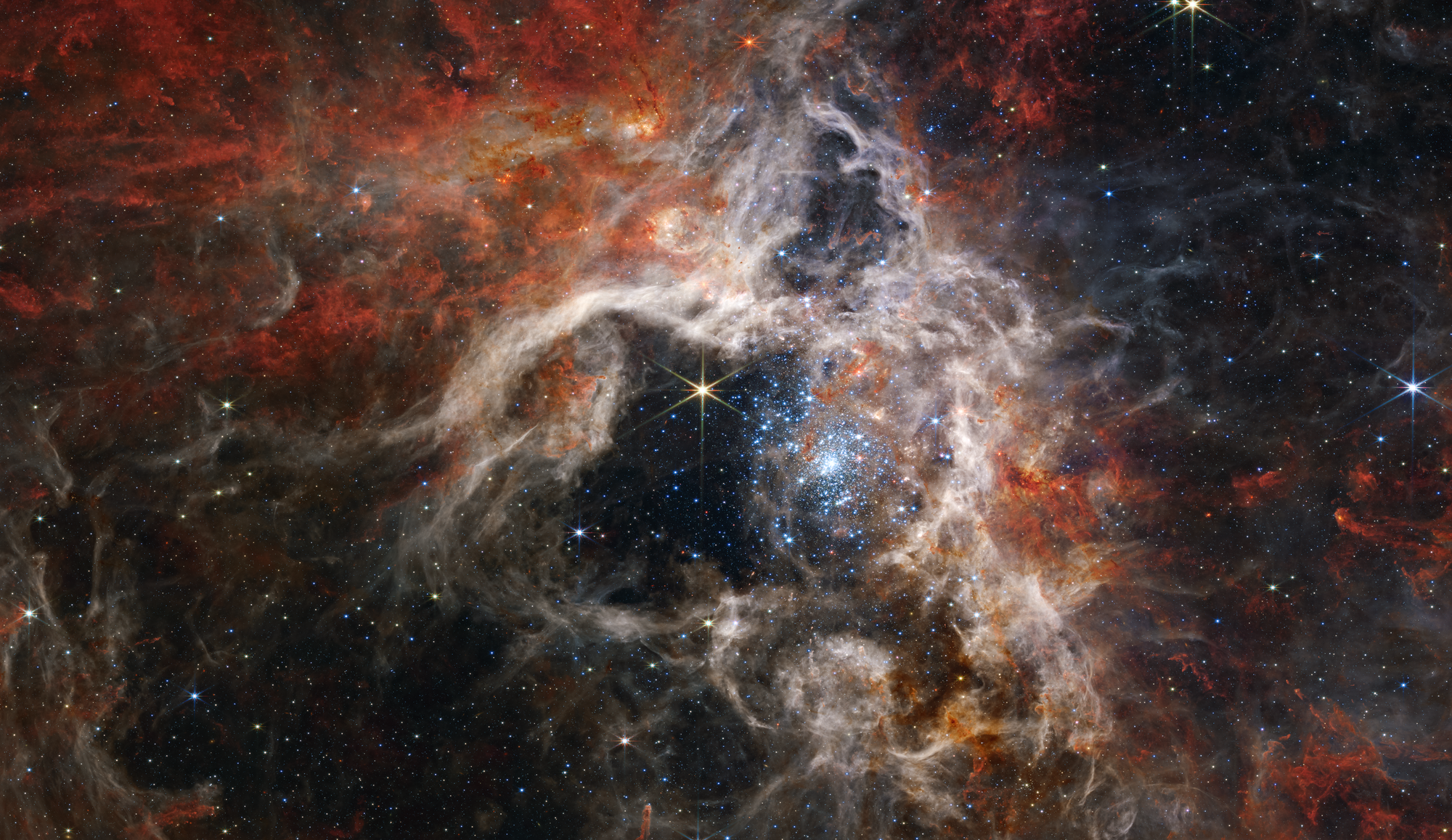
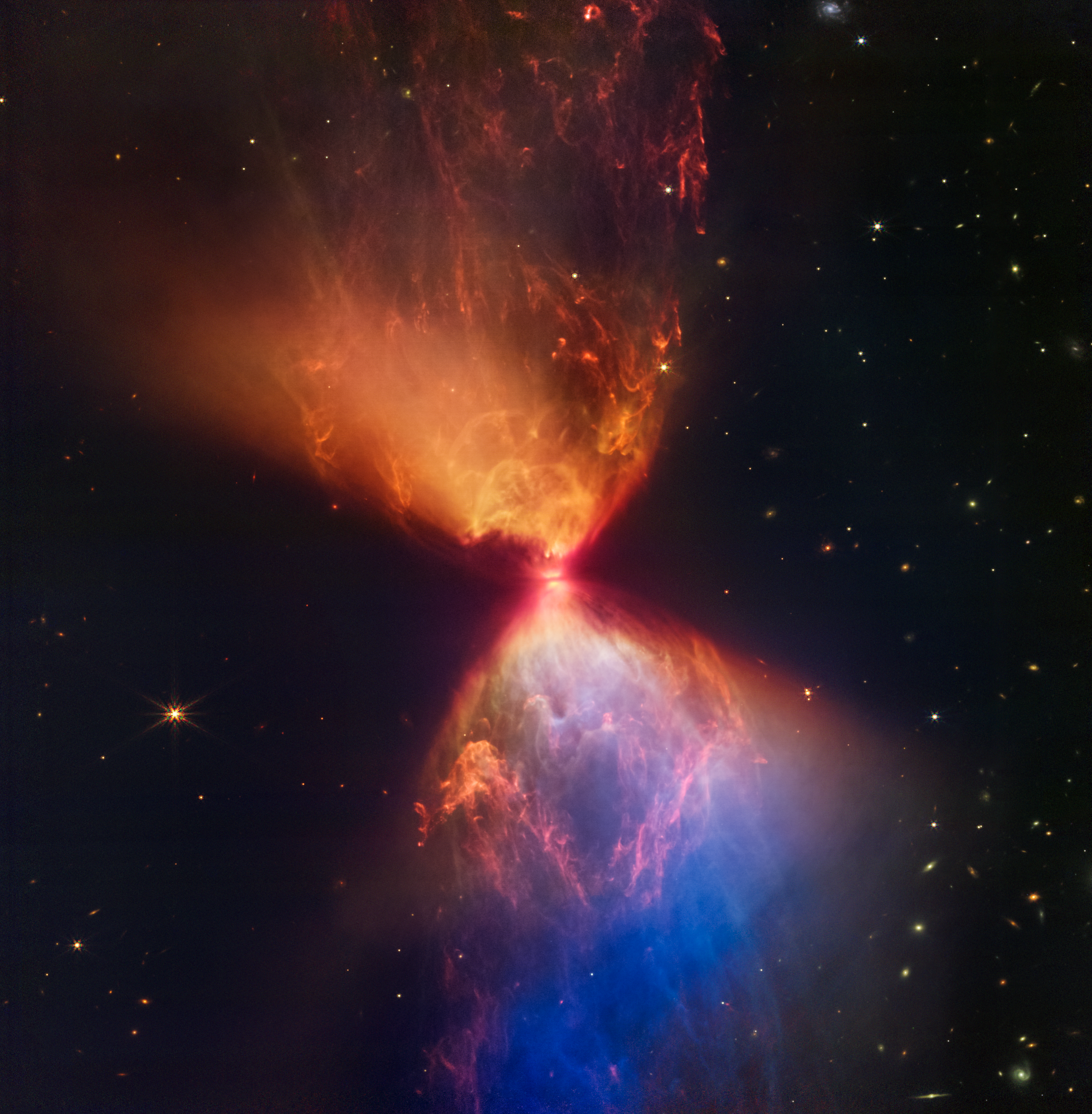
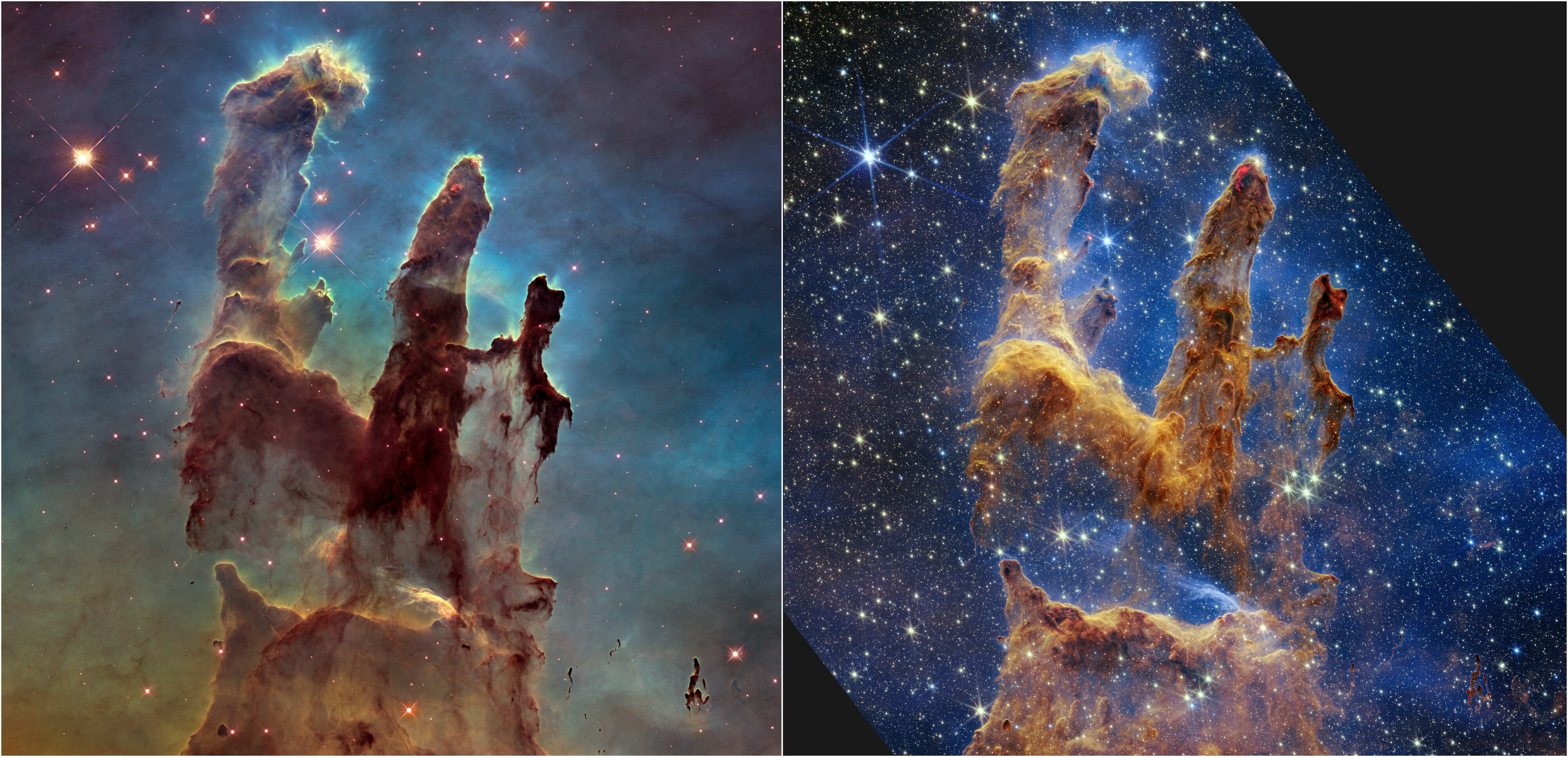
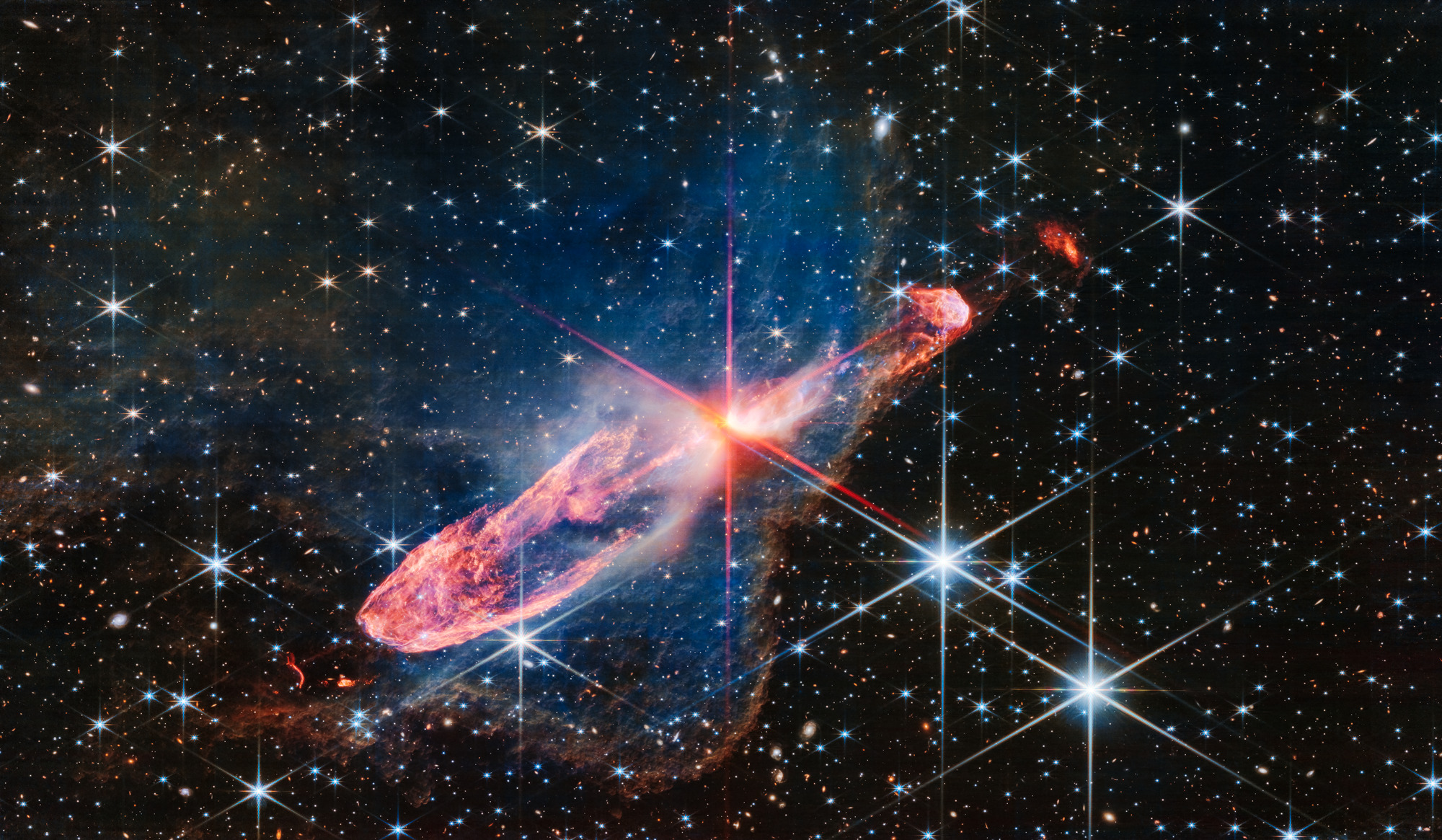
Excellent, thanks for the info and the great client